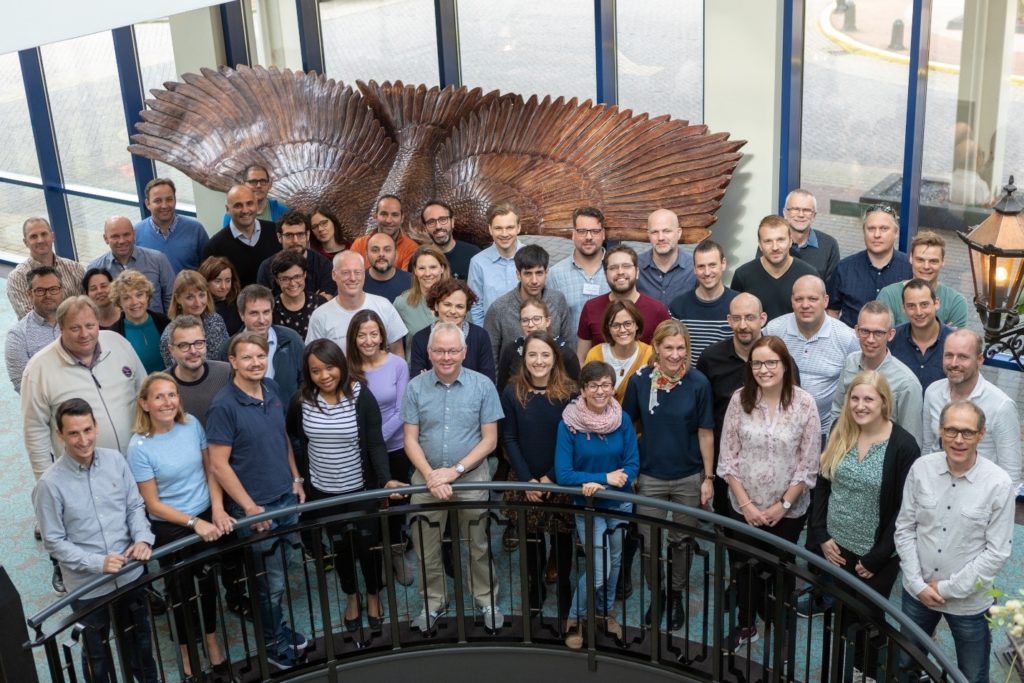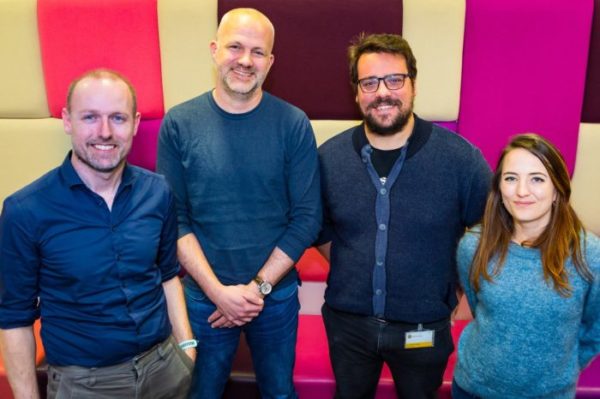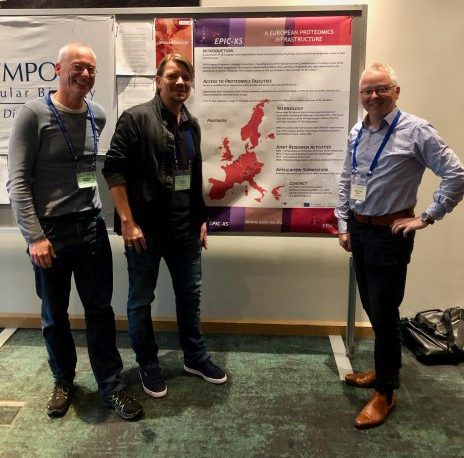Congratulations to EPIC-XS member Paola Picotti on being elected as an EMBO member 2022.

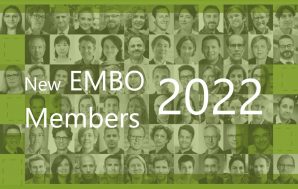 The European Molecular Biology Organisation EMBO announced that it elected 67 new members (EMBO press release). Huge congratulations to EPIC-XS member, Paola Picotti, group leader at the Institute of Molecular Systems Biology at the Department of Biology. Through this lifelong honour, new EMBO Members and Associate Members are recognized for their outstanding achievements in the life sciences. Link to the Picotti lab.
The European Molecular Biology Organisation EMBO announced that it elected 67 new members (EMBO press release). Huge congratulations to EPIC-XS member, Paola Picotti, group leader at the Institute of Molecular Systems Biology at the Department of Biology. Through this lifelong honour, new EMBO Members and Associate Members are recognized for their outstanding achievements in the life sciences. Link to the Picotti lab.
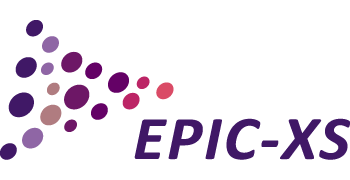


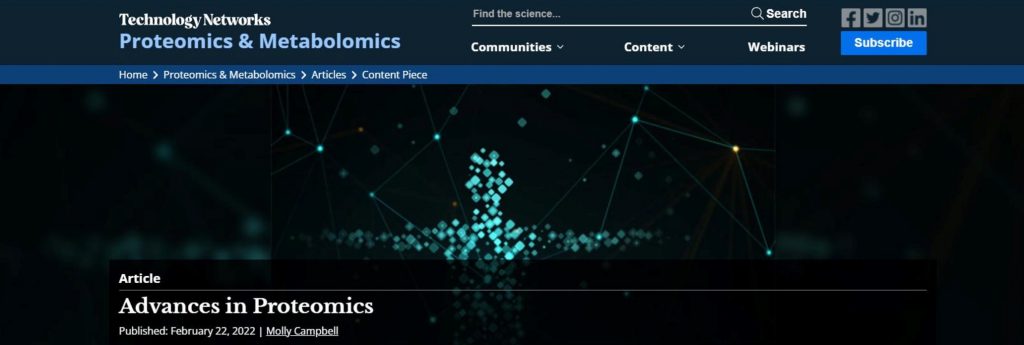
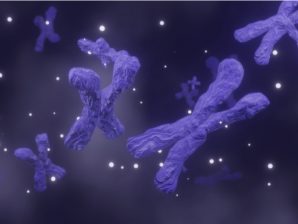 CORDIS
CORDIS Dr. Paola Picotti was bestowed the Discovery in Proteomic Sciences Award as she developed a novel proteomic method to probe protein structural changes on a proteome-wide scale and directly from cell and tissue extracts. For the first time, the approach couples limited proteolysis and mass spectrometry (LiP-MS) to generate structure-specific proteolytic fingerprint (structural barcodes) for each protein. Dr. Picotti applied LiP-MS to elucidate the determinants of thermosensitivity of proteomes, which challenged previous textbook knowledge on the prevalence of intrinsically disordered proteins. Further, Dr. Picotti used LiP-MS to generate the first map of protein-metabolite interactions, which revealed structural and functional principles of chemical communication. Read more
Dr. Paola Picotti was bestowed the Discovery in Proteomic Sciences Award as she developed a novel proteomic method to probe protein structural changes on a proteome-wide scale and directly from cell and tissue extracts. For the first time, the approach couples limited proteolysis and mass spectrometry (LiP-MS) to generate structure-specific proteolytic fingerprint (structural barcodes) for each protein. Dr. Picotti applied LiP-MS to elucidate the determinants of thermosensitivity of proteomes, which challenged previous textbook knowledge on the prevalence of intrinsically disordered proteins. Further, Dr. Picotti used LiP-MS to generate the first map of protein-metabolite interactions, which revealed structural and functional principles of chemical communication. Read more  We are happy to announce that this year Karl Mechtler received the APMA Lifetime Award and is now eligible to bear the title Prof. h.c. (APMA). Karl was a co-founder of the Austrian Proteomics Association and was long time a board member of the European Proteomics Society (EuPA). The innovations and the research he and his group have worked on in the last decades have had a great impact on the Proteomics community and he is a renowned member of this society all over the world.
We are happy to announce that this year Karl Mechtler received the APMA Lifetime Award and is now eligible to bear the title Prof. h.c. (APMA). Karl was a co-founder of the Austrian Proteomics Association and was long time a board member of the European Proteomics Society (EuPA). The innovations and the research he and his group have worked on in the last decades have had a great impact on the Proteomics community and he is a renowned member of this society all over the world.
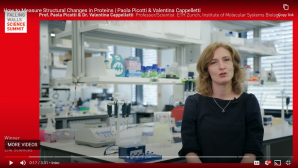
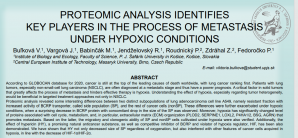
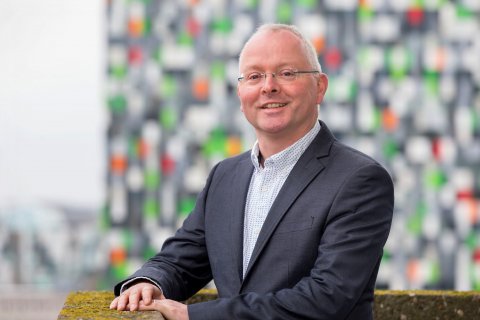



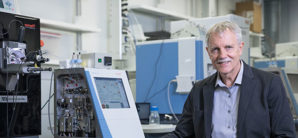 In this anniversary year, the Marcel Benoist Swiss Science Prize, often referred to as the Swiss Nobel Prize, goes to Rudolf Aebersold (ETH Zurich/University of Zurich) for his pioneering work in the field of systems biology.
In this anniversary year, the Marcel Benoist Swiss Science Prize, often referred to as the Swiss Nobel Prize, goes to Rudolf Aebersold (ETH Zurich/University of Zurich) for his pioneering work in the field of systems biology. The laboratory of Albert Heck at Utrecht University has been a leader in proteomics and the study of protein structure and interactions by mass spectrometry for over two decades.
The laboratory of Albert Heck at Utrecht University has been a leader in proteomics and the study of protein structure and interactions by mass spectrometry for over two decades.




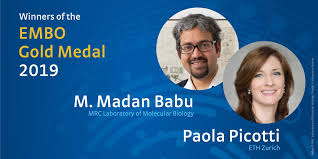
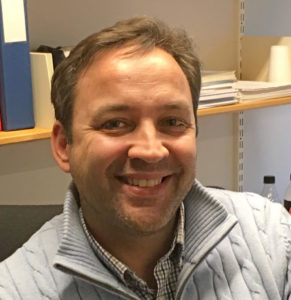 Thomas Arnesen is one of five Norwegian researchers who has received a prestigious consolidator grant from the European Research Council in 2017.
Thomas Arnesen is one of five Norwegian researchers who has received a prestigious consolidator grant from the European Research Council in 2017.


